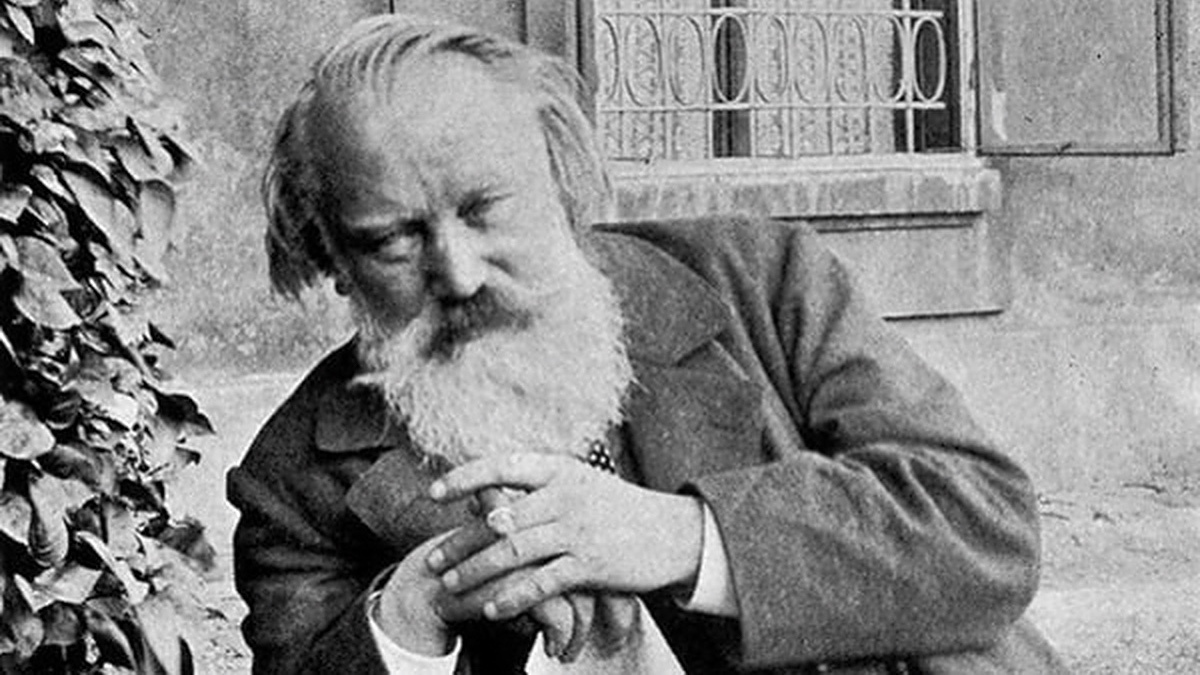Tchaikovsky’s First Piano Concerto: From Rejection to Triumph
Tchaikovsky’s Piano Concerto No. 1 in B-flat minor opens with one of the most powerful and iconic introductions in music history. A mighty four-note descending line, stated three times in the horns, is punctuated by orchestral thunderbolts. A soaring and expansive theme emerges in the strings, accompanied by colossal ascending chords in the solo piano. Defying convention, this majestic and memorable theme opens the Concerto, yet never returns. Additionally, it sets up the wrong key—not …







